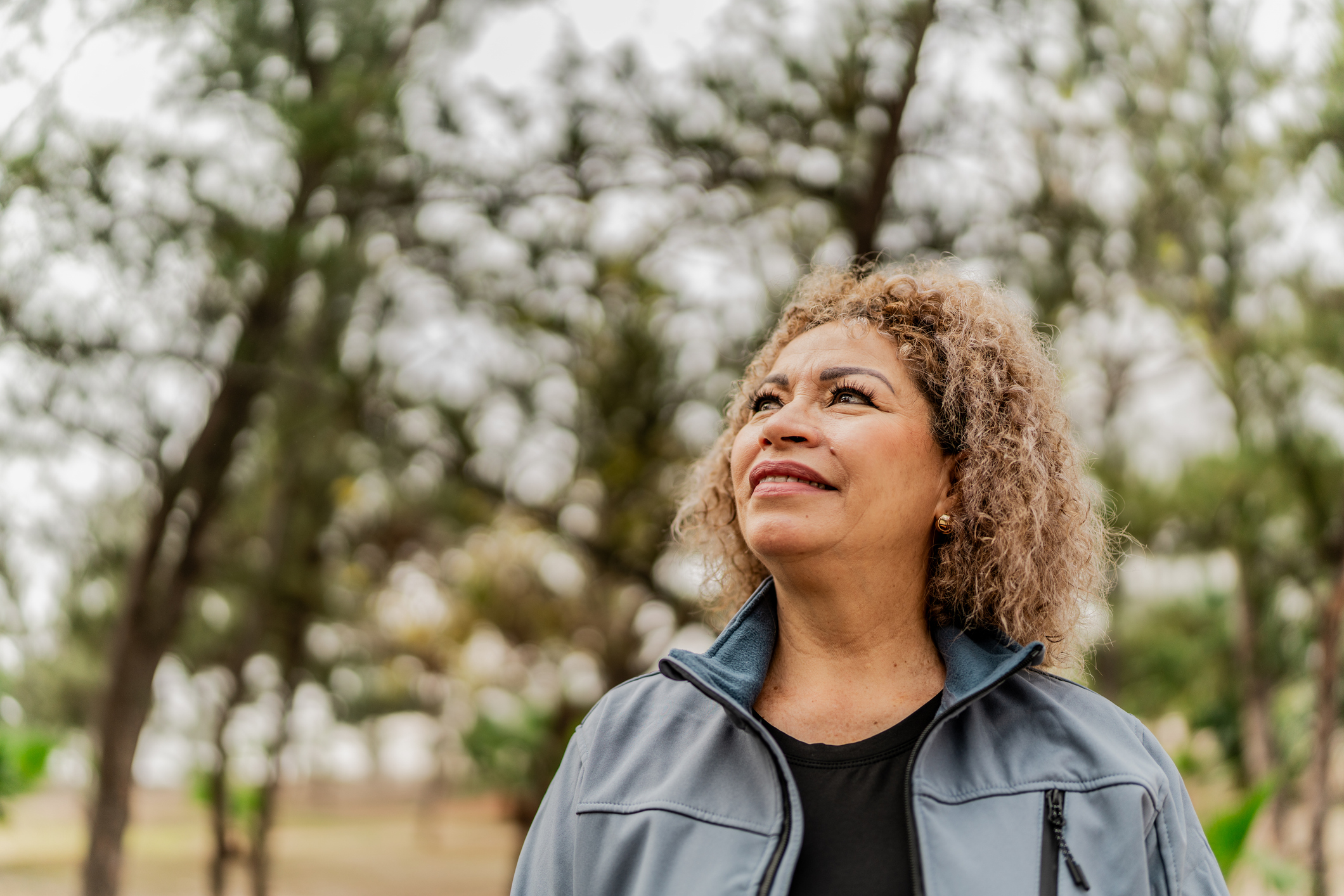

When we think of menopause and the health worries that come with it, breast cancer is often the first thing that pops into our heads.
However, the truth is that heart disease kills more women each year than breast cancer by far.
In fact, according to the American Heart Association, one in 39 women in the U.S. will die from breast cancer each year, while 1 in 3 dies from cardiovascular disease.
That works out to roughly one death every minute, with menopause playing a significant role in women’s cardiovascular risks.
This makes menopause a dangerous time in life for a woman due to changes in her heart health. And according to studies presented at the American Heart Association’s scientific meeting recently, there are five particular dangers women should be aware of…
#1 – Irregular heartbeat
Research published in the Journal of the American Heart Association (JAHA), found that 1 in 4 women are likely to develop irregular heart rhythms post-menopause. Known as atrial fibrillation, if not treated, it’s the most common cardiac cause of stroke. Fortunately, it’s possible to reduce the risk of AFib by 60 percent with regular exercise.
#2 – Elevated risk of heart failure
Scientists also found that women who went through menopause late – at age 55 or older – and who lived with obesity were at a significantly higher risk of heart failure.
#3 – Higher chance of heart disease
On the other end of the spectrum, research presented at the Association’s 2022 Epidemiology, Prevention, Lifestyle & Cardiometabolic Health Conference (EPI), showed that women who naturally experienced early menopause (by the age of 40) had a 40% higher chance of coronary heart disease over their lifetime, compared to women who did not go through early menopause.
Coronary heart disease (also known as coronary artery disease) occurs when blockages or damage to the vessels prevent the arteries from delivering enough oxygen-rich blood to the heart. This can lead to a heart attack.
#4 – Dementia dangers
Results of another 2021 study found that women who experience very early menopause were 35% more likely to develop some type of dementia later in life, compared with women who enter menopause around age 50.
#5 – Effects of loneliness on the heart
Additional research in 2021 showed that menopausal heart danger can be compounded by social isolation. The study showed that women who experience loneliness post-menopause were at a 29% risk of cardiovascular disease.
Support your heart health starting now
As the researchers noted, “More women in the U.S. are living longer, and a significant portion of them will spend up to 40% of their lives postmenopausal, so it’s important to monitor a woman’s health and lifestyle and develop intervention strategies to protect heart health.”
So what can you do to promote better heart health before, leading up to and during your menopause years?
Exercise, follow a Mediterranean-style diet and consider adding the veggie that gives back the heart protection menopause steals to your daily diet…
When women stop producing estrogen, they’re losing more than a sex hormone. Estrogen helps maintain nitric oxide (NO) levels in the body. NO is a signaling molecule found in the endothelial cells that line artery walls — where its chief function is to act as a powerful vasodilator and an important regulator of the cardiovascular system.
In one study, researchers at Penn State determined that beetroot juice, a naturally occurring dietary source of NO, improved blood-vessel function in menopausal and postmenopausal women so much that if it could be maintained over the postmenopausal years, the risk of heart disease could be significantly reduced.
NO may also help with the weight gain linked to heart failure. In a study using mice, researchers at the University of Alabama at Birmingham, found that mice on NO therapy gained 17 percent less body weight than the control mice.
That same study saw the mice on NO therapy had improved cerebral blood flow and improved spatial learning abilities. That’s a win since better brain blood flow is associated with a lower risk of cognitive impairment.
As a doctor, I think adding beets to our healthcare arsenal is one of the simplest things women can do for the threats we face when menopause comes knocking.
Beets can be enjoyed in salads, pickled, juiced with other veggies and added to smoothies.
Sources:
Hot news flash: Menopause can impact a woman’s heart health — EurekAlert!
3 amazing benefits of summer’s best heart-healthy vegetable — Easy Health Options

